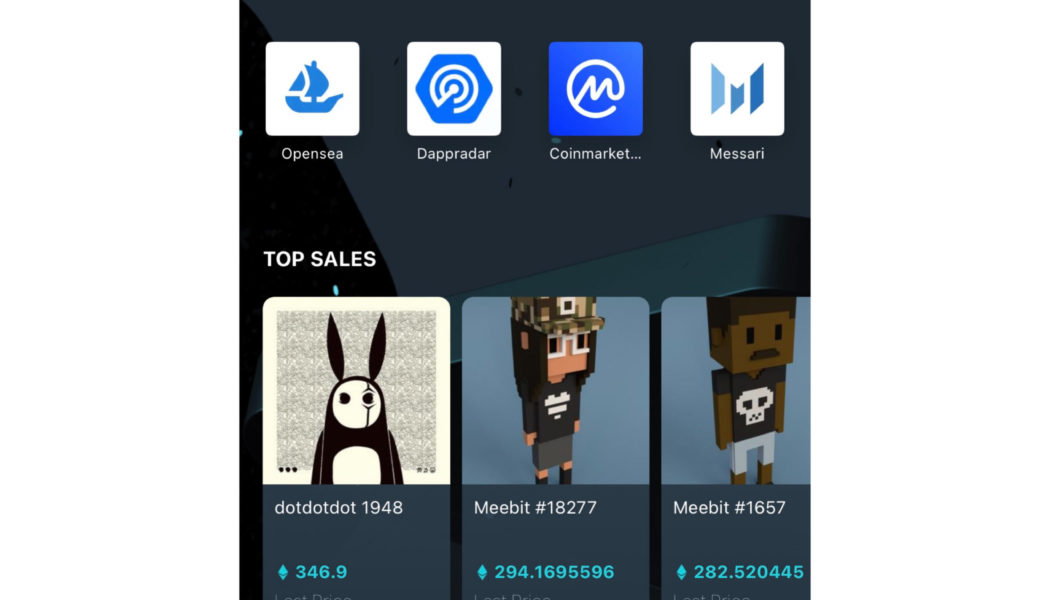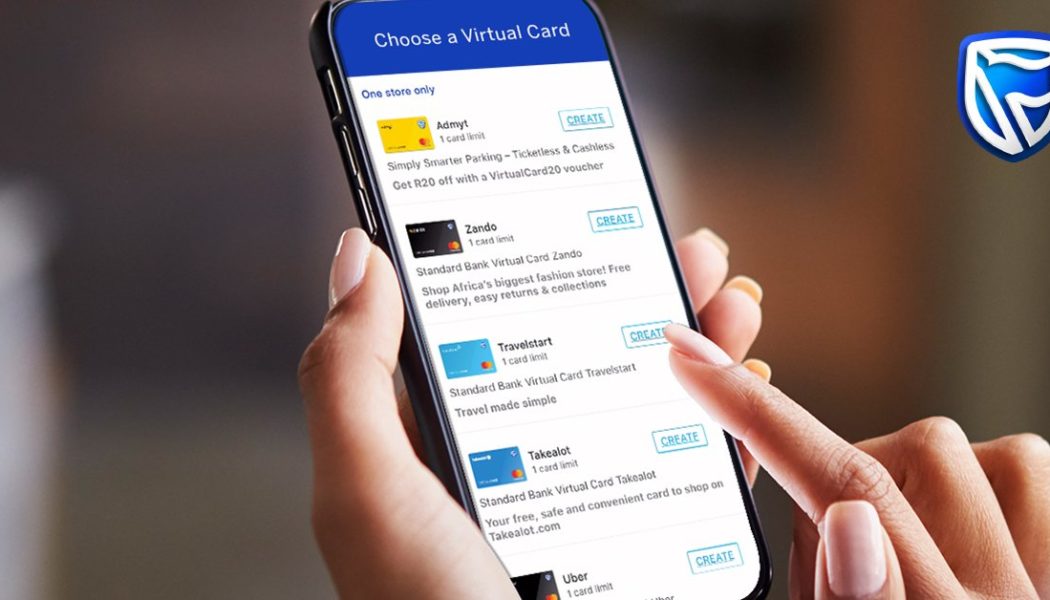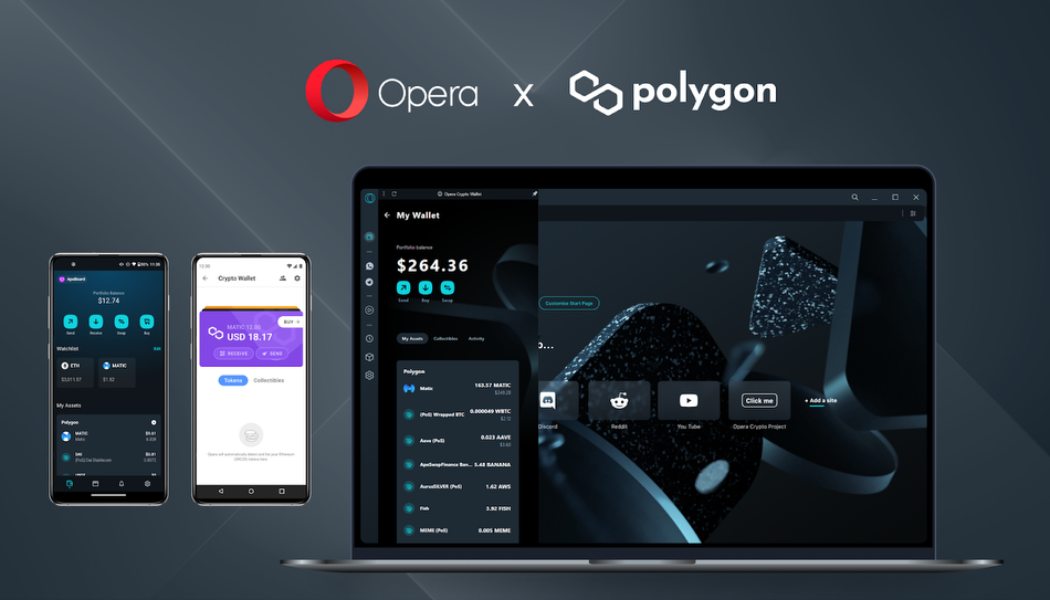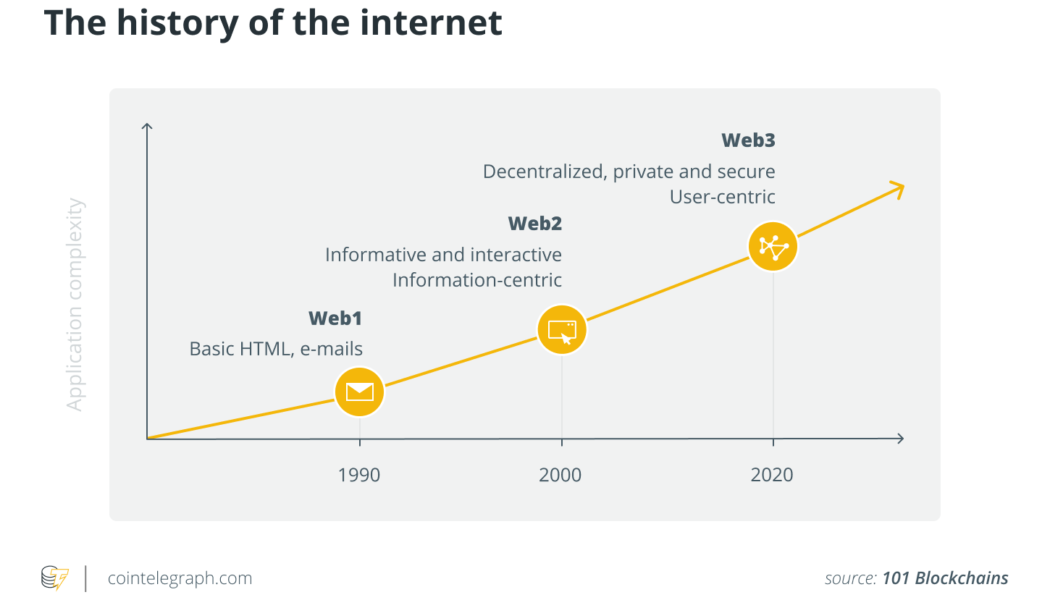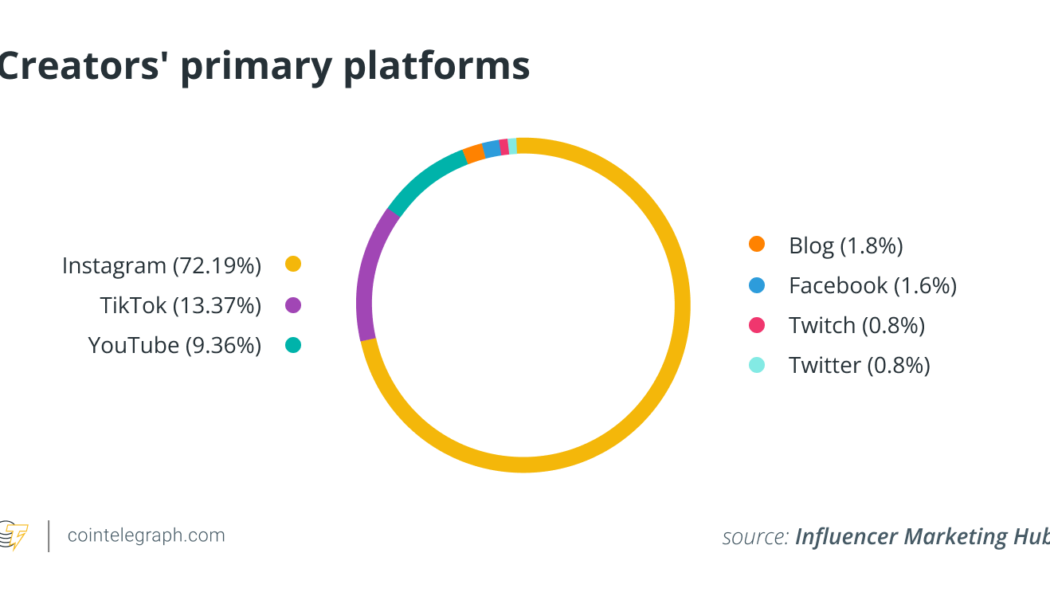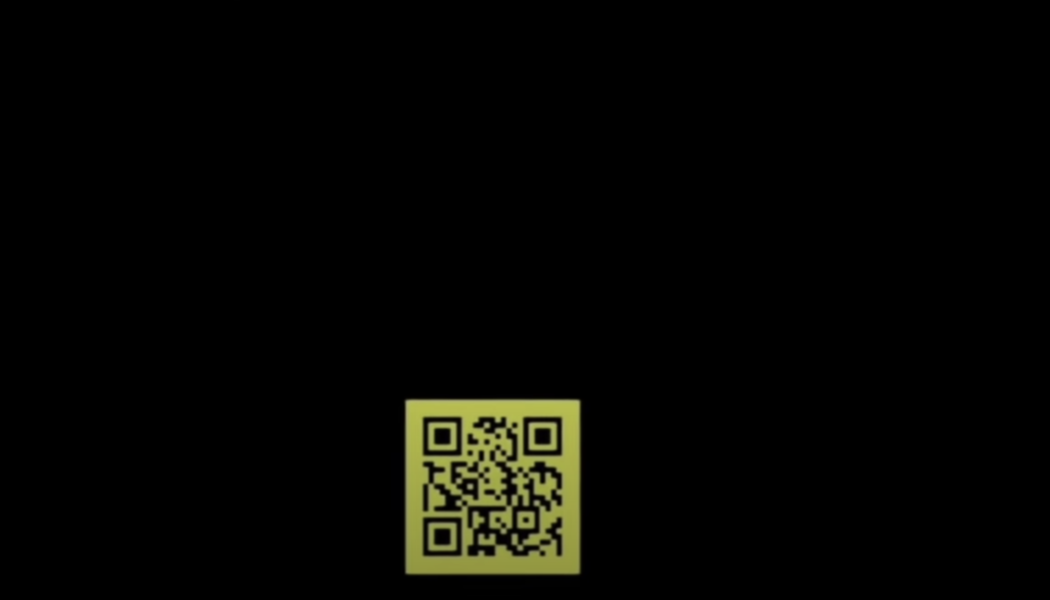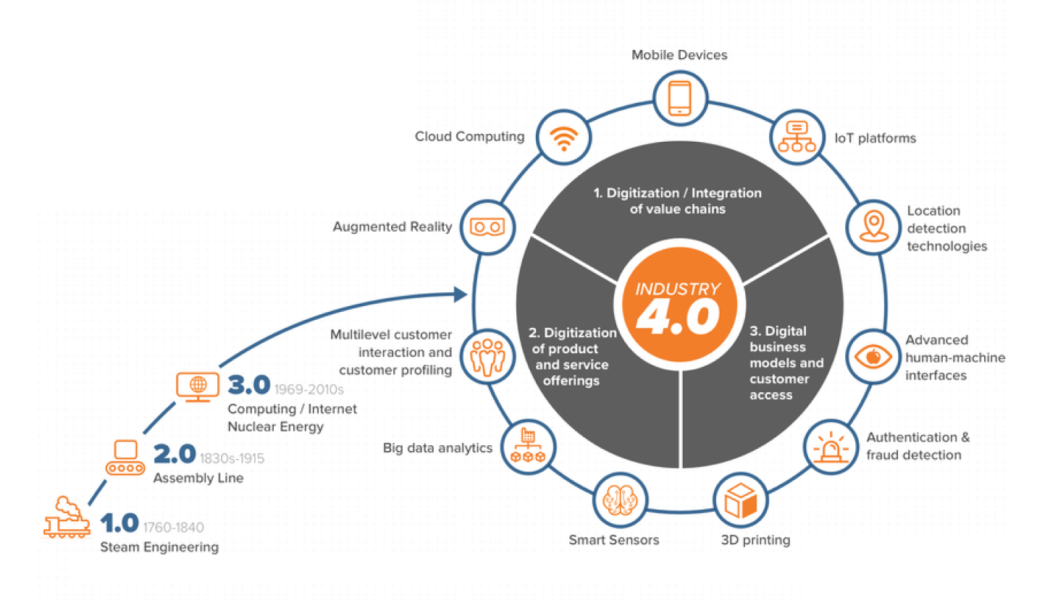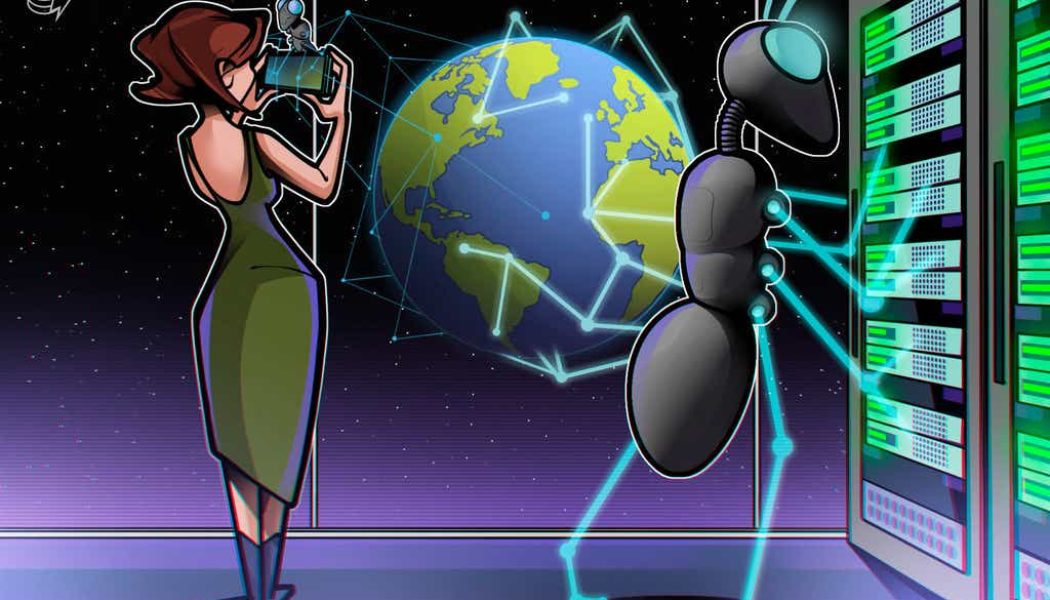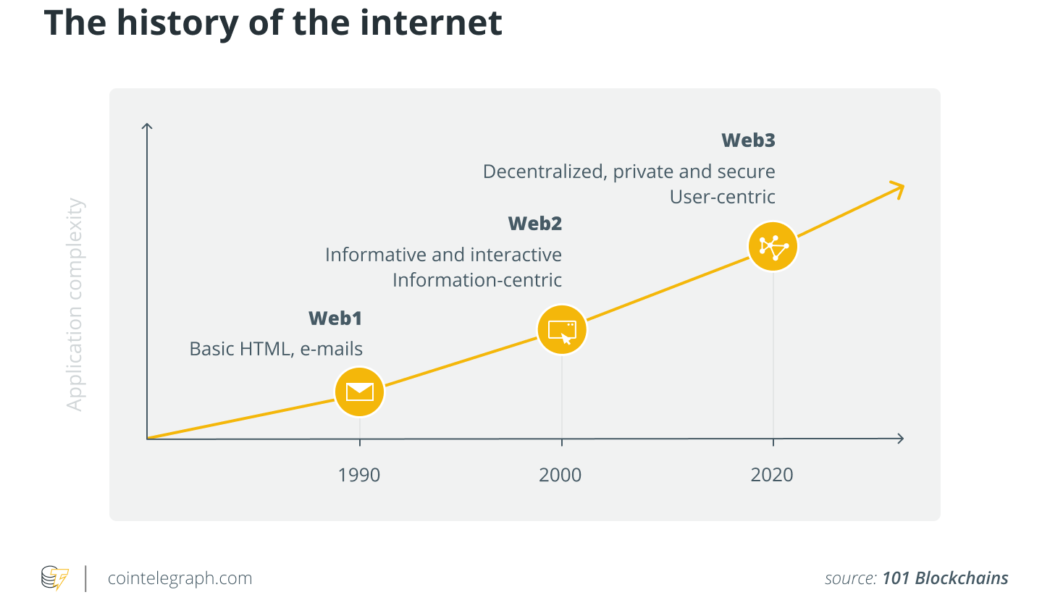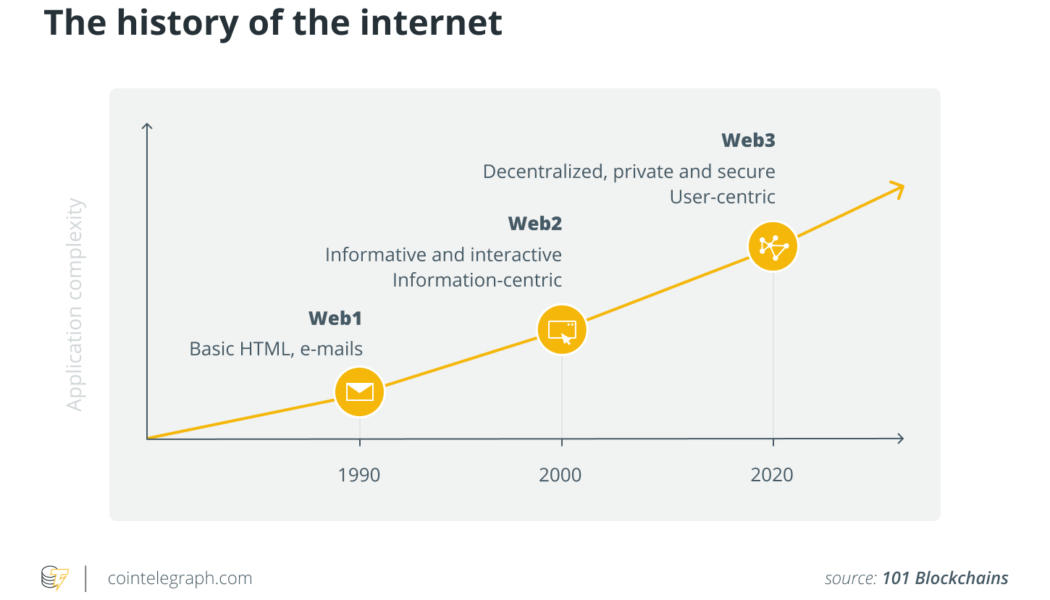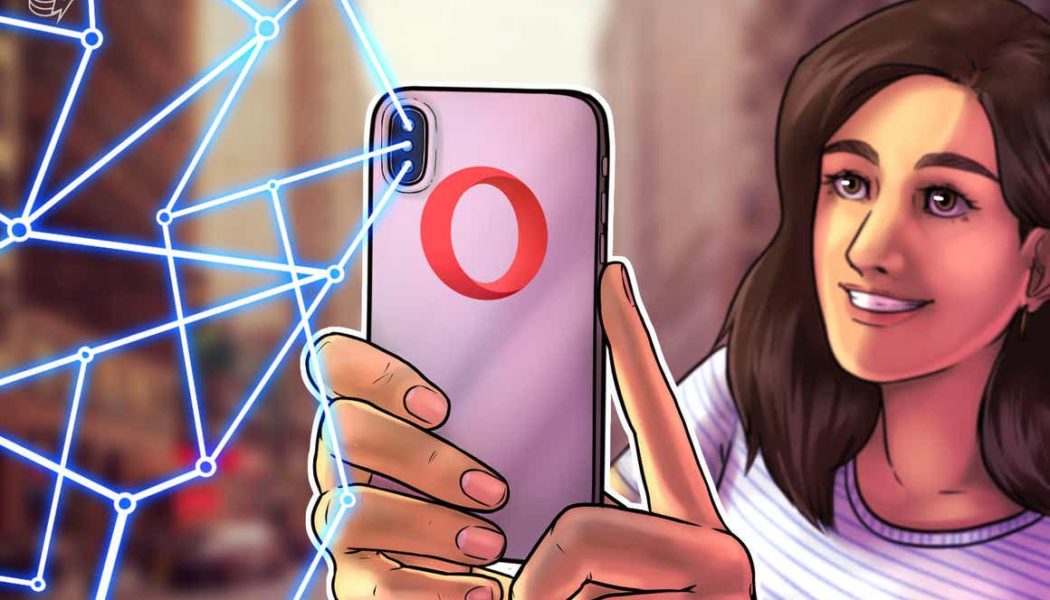Internet
Opera Crypto Browser is now available on iPhones and iPads
Opera released a beta version of its Web3 browser with a built-in crypto wallet on Friday for iOS devices, iPhone and iPad. Opera’s Crypto Browser has been available for Mac and Windows desktop users, as well as Android mobile users since January. The mobile release is the latest step in its Crypto Browser Project, a Web3-focused initiative for facilitating navigation across decentralized applications (DApp), games and metaverse platforms. According to the company, the main features includes the Opera Wallet with support for the Ethereum, Polygon, and Celo ecosystems to buy, sell and transfer tokens. Users can also restore any Ethereum Virtual Machine (EVM) compatible Wallet with the native Opera Wallet and integrate their existing assets and balances. On th...
Affordable & Reliable Internet Access Critical to Economic Growth, Standard Bank Says
Image sourced from Regent Lighting. In the post-COVID-19 environment, access to digital devices and the internet has become a must-have for school assignments, healthcare, communicating with friends and family, finding a job, or starting a business. Yet many South African families remain unconnected and are thus excluded from the opportunities that connectivity provides. According to The State of ICT in South Africa report, most South Africans cannot afford to connect online due to data costs, and lack of internet-enabled devices. Data costs in South Africa are notoriously high when compared to other emerging markets, with research showing that SA’s data costs are about six times higher when compared to other emerging economies. “But the pandemic, which has accelerated the reliance on digi...
Opera integrates Bitcoin, Solana, Polygon and five other blockchains
Opera, one of the major crypto-friendly internet browsers, announced the integration of eight blockchains in a continued effort to introduce Web3 to more than 380 million mobile and desktop users worldwide. In Jan. 2022, Opera launched the Crypto Browser project, a Web3-focused initiative for facilitating navigation across decentralized applications (DApp), games and metaverse platforms. As part of this initiative, the browser company added support for eight major blockchain ecosystems, including Bitcoin (BTC), Solana (SOL), Polygon (MATIC), StarkEx, Ronin, Celo, Nervos DAO and IXO. Opera said in the announcement that its users now have access to the Polygon and Solana DApp ecosystems, as well as “the benefits of Layer 2 DeFi via StarkWare-powered DiversiFi.” The latest in...
Decentralization, DAOs and the current Web3 concerns
What we call Web3 will be centered on an ecosystem of technology products that are decentralized, based on blockchain networks, interoperable, and without a traditional trusted validator (such as corporations, institutions and government bodies). But exactly what does this mean? What is Web3? Web3, a term coined by Gavin Wood, Web3 Foundation president, is the next phase of the internet and, perhaps, of organizing society as a whole. Web1 was the era of open, decentralized protocols, where most online activity involved browsing individual static pages. Web2, which we are now experiencing, is the era of centralization, in which a large part of communication and commerce occurs on captive (closed) platforms and is owned by a handful of technology corporations, subject to centralized co...
Why bandwidth needs a layer-1 blockchain, explained
Users will be able to tokenize their bandwidth and sell it in a decentralized trading marketplace to help provide low-cost access to the internet. PKT is the only layer-1 blockchain that is designed to support bandwidth trading marketplaces and high-speed internet service. PKT uses the world’s first bandwidth-hard proof-of-work (PoW) mining solution to create an economic incentive while building a high-speed data network. Forked from Bitcoin (BTC), PKT replaces the SHA-256 PoW standard with the collaborative PacketCrypt mining protocol. Within the PKT Network, users with unused bandwidth earn PKT Cash (PKT) coins by directing their excess bandwidth and compute resources to mining. The act of connecting bandwidth to the PKT Network is called announcement mining. Announce...
Why decentralization isn’t the ultimate goal of Web3
The transition from Web2 to Web3 is inevitable. Yet, as the demand for decentralization gains momentum, several important questions are being raised about the current state of blockchain technology and its promised “decentralization.” Vitalik Buterin responded with a confession that “a lot of it comes down to limited technical resources and funding. It’s easier to build things the lazy centralized way, and it takes serious effort to ‘do it right.’” Or, Jack Dorsey’s recent tweet where he claimed that it’s actually the venture capitalists who own the networks that exist today. You don’t own “web3.” The VCs and their LPs do. It will never escape their incentives. It’s ultimately a centralized entity with a different label. Know what you’re getting into… — jack⚡️ (@jack) Decembe...
RSS3 aims to be the decentralized information processor of Web3
Really Simple Syndication (RSS), the first information distribution protocol that saw massive adoption across the internet, is all set to take on Web3 with a decentralized information processing protocol called RSS3. In a technical white paper released on Monday, RSS3 laid out plans for taking its popular internet feed update to Web3. RSS3 would offer every entity an RSS3 file that will act as source data and be updated continuously. The source data file then can be used as an aggregation of all the cyber activities, which can then be used to build out social media, content networks, games and other data-driven applications. The source data will have control over what information to broadcast and what to keep private. RSS is a feed file containing a summary of a website’s updates, usu...
Decentralized technology will end the Web3 privacy conundrum
Although the modern internet connects us like never before, one thing that younger generations have never truly experienced is the feeling of genuine privacy. Even older generations have forgotten what life was like before our every thought and action were tracked. Web3 envisions an open, trustless, permissionless internet where users can interact with each other peer-to-peer without giving up ownership control, privacy or relying on intermediaries. Underlying that vision, blockchains are one of the most important tools. They eliminate the need for trusted third parties and help to create a direct relationship between users and service providers, recording the rules of engagement on immutable ledgers and even storing direct interactions between them. Blockchains also fundamentally reconfig...
Opera announces beta of its new Web3 focused ‘Crypto Browser’
Opera, the Norway-based company behind the popular internet browser, has released the beta version of its new Crypto Browser Project. This crypto browser aims to facilitate the user experience of browsing DApps, games and metaverse platforms by offering direct access to Web3 services for Windows, Mac and Android users. The current Opera browser boasts a no-login VPN, and native ad & tracker blocker that help to make it secure. According to a release shared with Cointelegraph, the new crypto browser will maintain these security features, while integrating direct access to decentralized exchanges, NFTs and gaming DApps, as well as Telegram and Twitter support. Jorgen Arnesen, EVP Mobile at Opera, stated that the main goal of the project is to help crypto and Web3 become more ...
